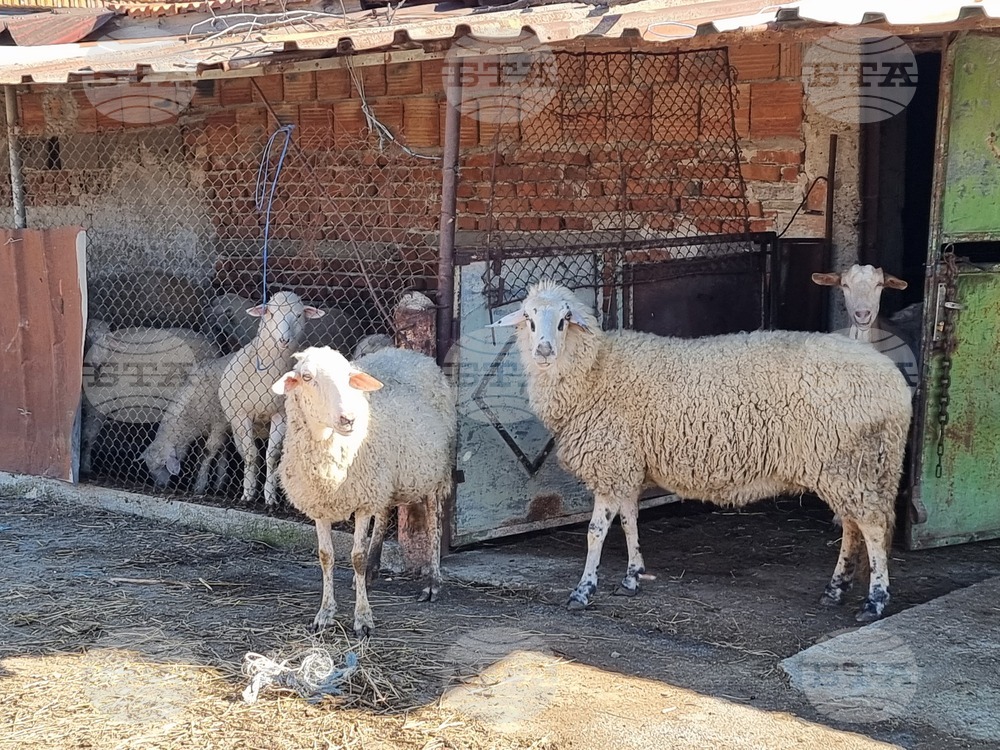site.btaBluetongue Disease Detected in Kyustendil Region, Animals To Be Treated


The Bulgarian Food Safety Agency (BFSA) has detected Bulgaria’s first ever outbreak of bluetongue disease caused by serotype 8 in small ruminants, BFSA said here Thursday evening.
The outbreak was identified in an unregistered livestock facility in the area of Novo Selo, Kyustendil region, near the borders with Serbia and North Macedonia. This serotype of the disease has also been reported in neighboring countries close to Bulgaria’s borders.
The affected animals will undergo symptomatic treatment, and there is no need to cull either the infected or the contact animals. In the unregistered livestock site, where a surveillance program had not previously been implemented, clinical examinations of all ruminants are being carried out, and the movement of animals outside the facility is prohibited.
A census of susceptible animals is currently underway across the Kyustendil municipality.
The outbreak was confirmed following a report of sick animals suspected of having the disease. Two sheep from the unregistered livestock facility tested positive for the bluetongue virus. The results were verified by the National Reference Laboratory for Bluetongue at the National Diagnostic and Research Veterinary Medical Institute under the Bulgarian Food Safety Agency (BFSA).
BFSA notes that the last recorded case of bluetongue in Bulgaria, caused by serotype 4, was in 2021, in calves in the Kardzhali region.
Bluetongue is a viral disease that affects both domestic and wild ruminants (including cattle, sheep, goats, buffaloes, roe deer, red deer, and mouflons). The disease is transmitted exclusively through blood-sucking insects and does not pose a risk to humans. It cannot be spread through food, water, or airborne droplets, and meat, milk, and transport vehicles are not transmission factors. Although not dangerous to human health, bluetongue can cause serious economic losses.
Days ago, Serbia's Ministry of Agriculture, Forestry, and Water Management reported confirmed cases of bluetongue in two sheep farms in the municipality of Bosilegrad. Veterinary authorities reacted immediately, declaring a 100-kilometer radius around the outbreak a restricted zone, according to local media.
/PP/
news.modal.header
news.modal.text